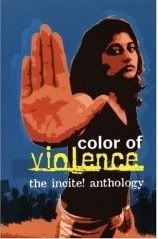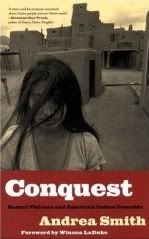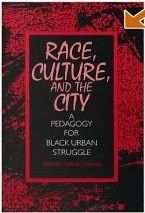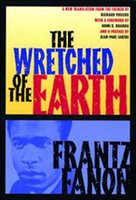Makin Connections, Thanks Keba Konte!

Our class just hooked up with a tight workshop from Keba Konte on photomontage on wood. Keba's work is the result of resisting to conform to traditional forms of photography and using innovation inspired by creative spirit, as he states:
Working in this medium has been very liberating, allowing me out of the darkroom and into the salvage yards and dumpster bins. It has released me from the glass and pristine white mattes to a more spontaneous method of working and thinking. As well, it has enabled me to expand in scale and dimension. It's an adventure.

This Sunday students will be visiting his Guerilla Cafe to meet for lunch, viewing his "88 Pieces of Me" exhibition, and to talk about forming a photographers collective outside of the confines of the school day.
Stay tuned for results of their work to be posted here. Also in progress is a documentary on East Oakland Youth Street Photojournalists.

Images by Keba Konte








